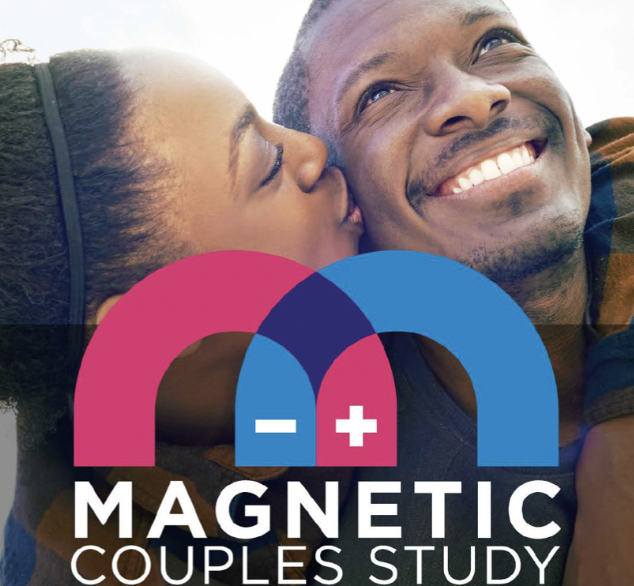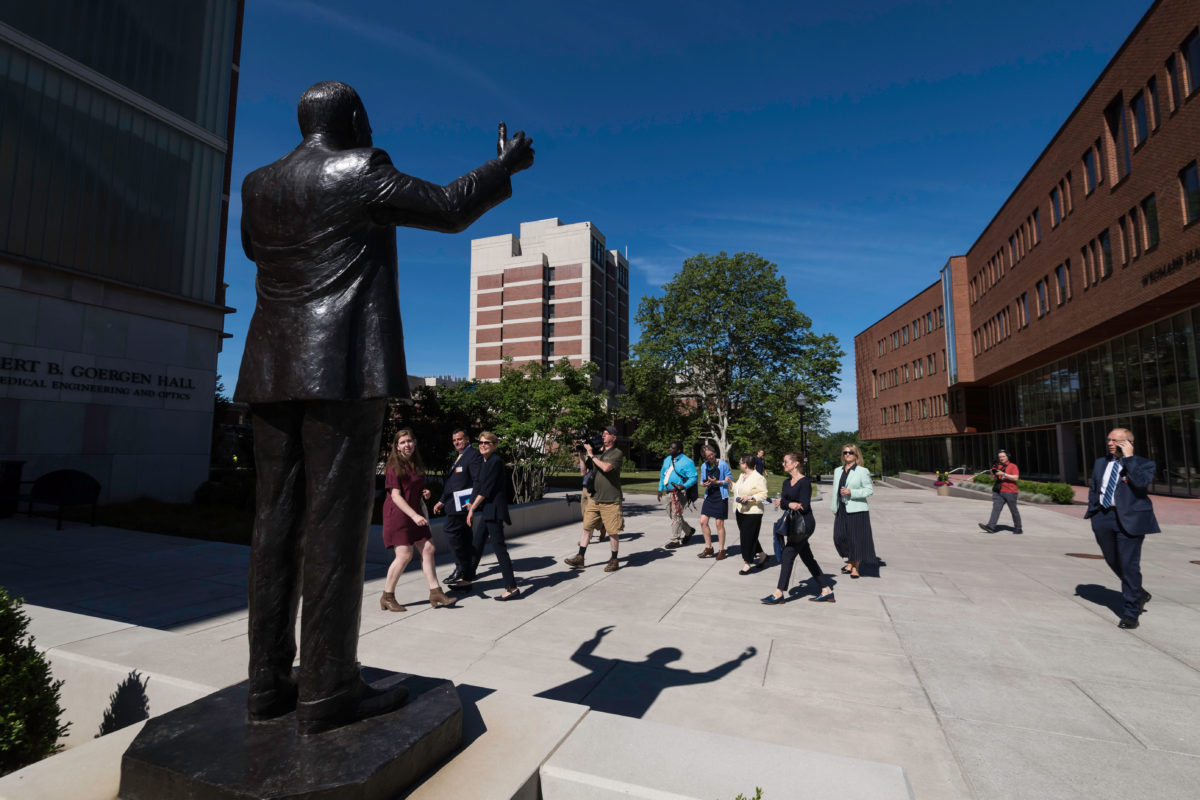
DSC Archive
Pickleball Analytics
March 17, 2023
Our project is to aid in the development of a pickleball analytics platform by improving ball detection and tracking. The baseline model used is a TrackNetV2 (Sun et. al. 2020) model trained on badminton, and the purpose of this project is to adapt the model by using transfer learning techniques to improve its performance in pickleball.








